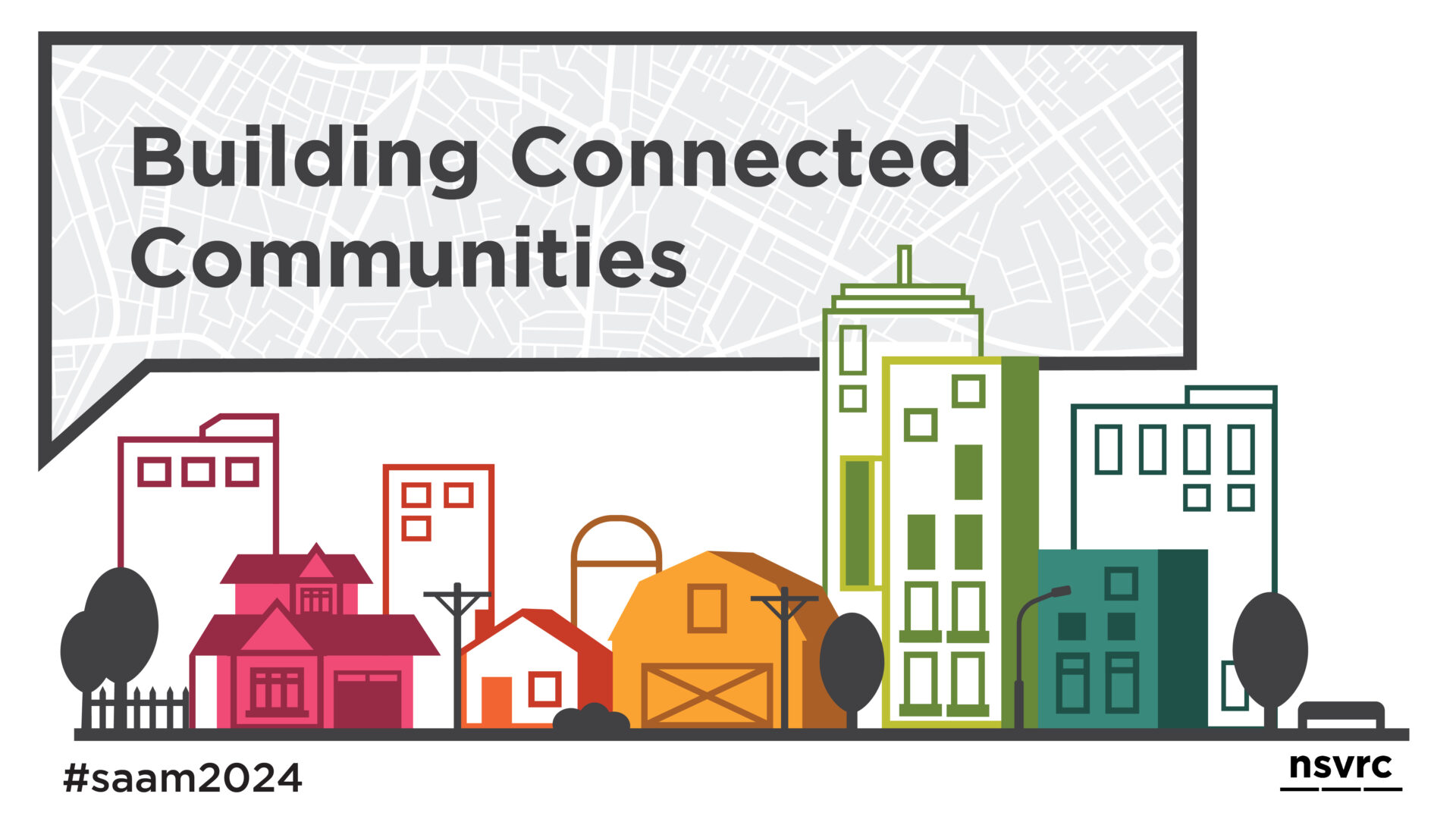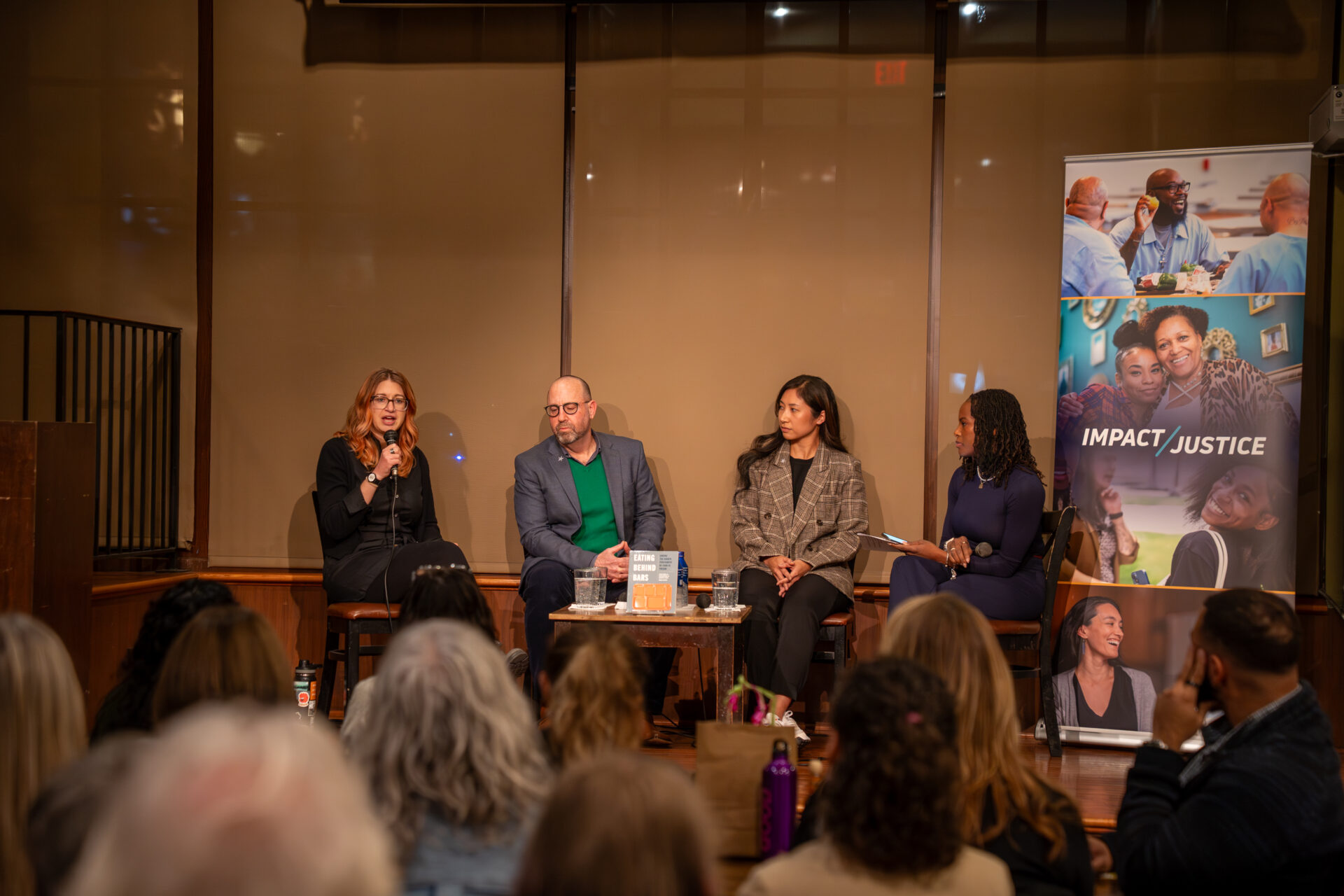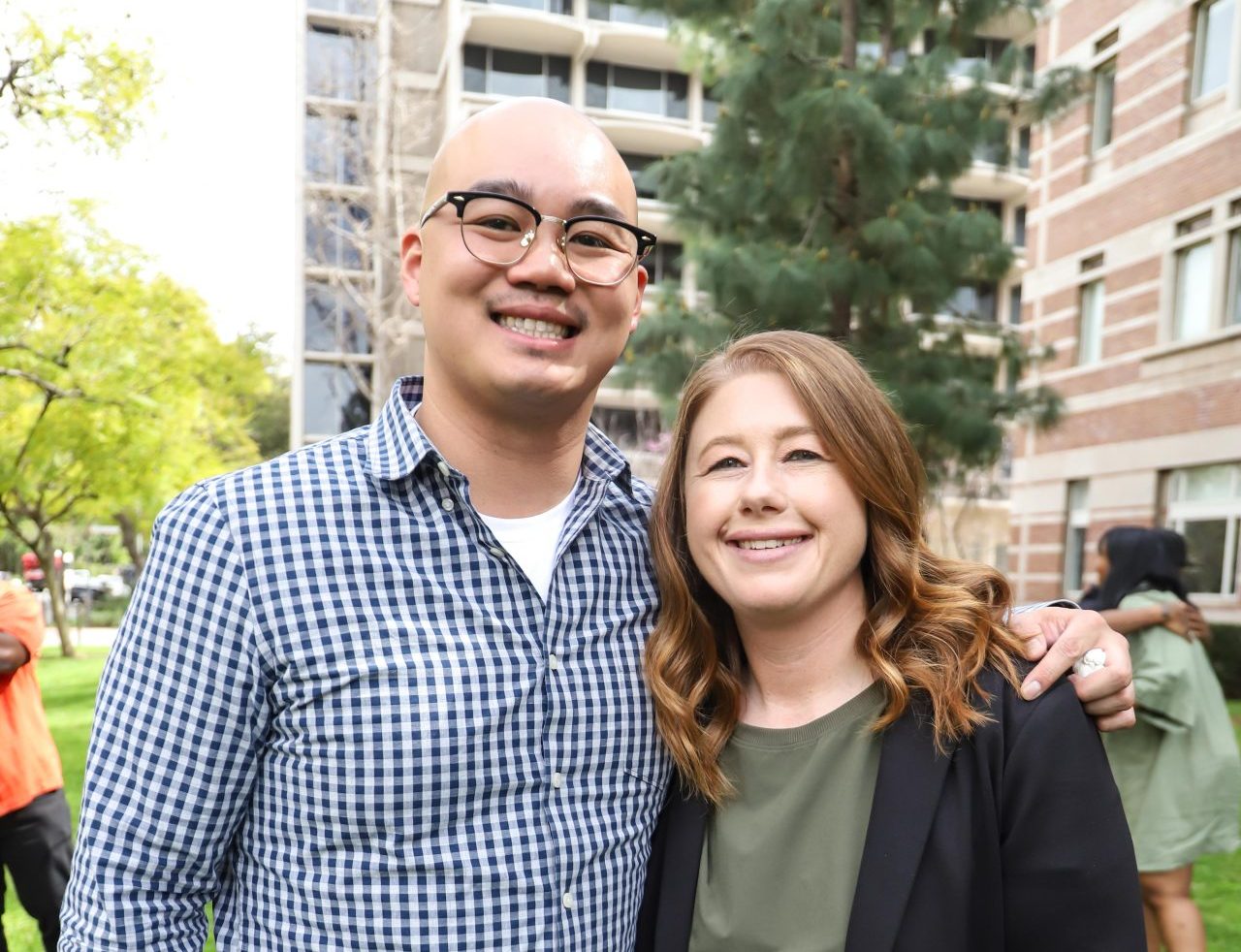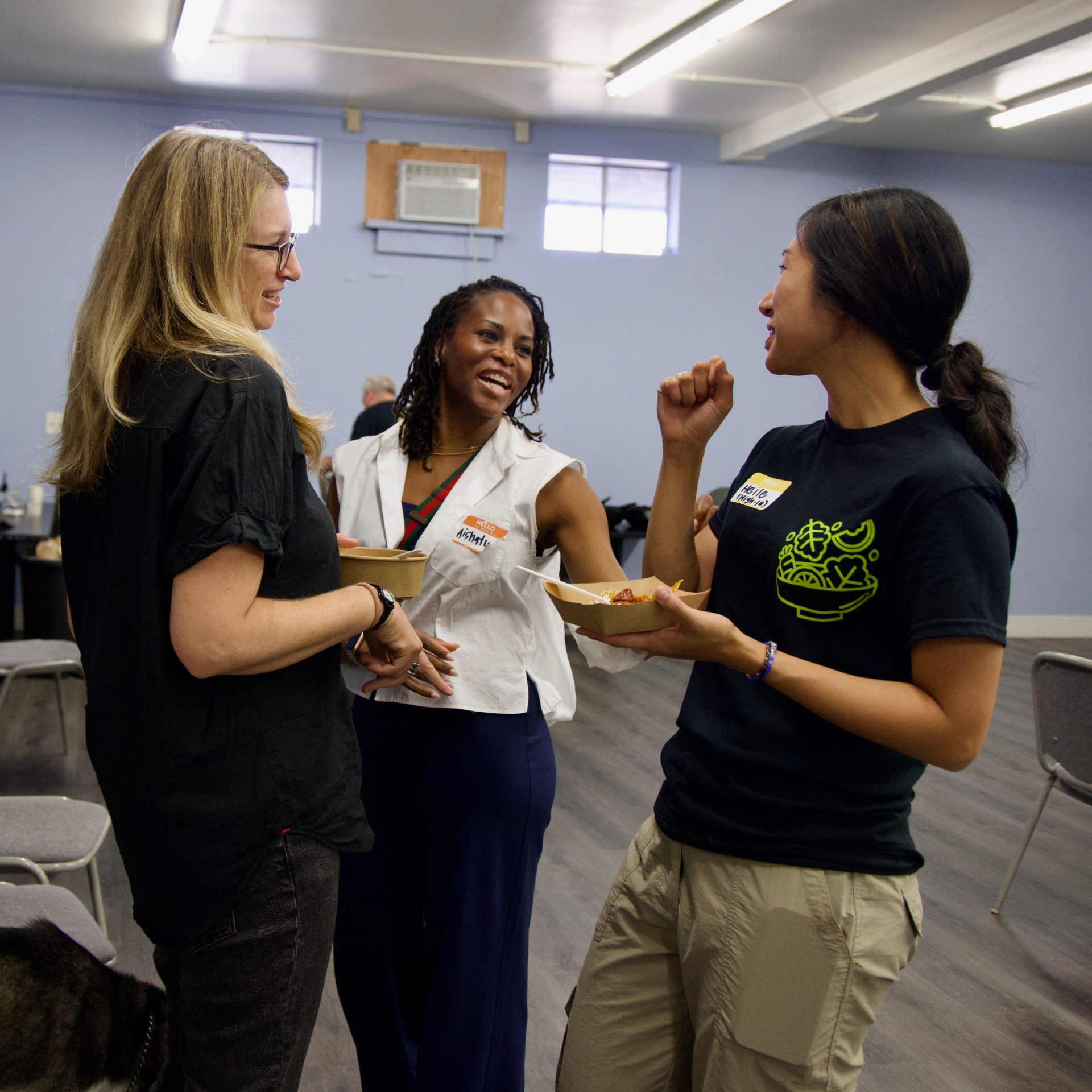Community members have the power and, arguably, the responsibility to look out for one another’s well-being. Whether your community is your neighborhood, a recreational activity with which you are involved, or, as we often discuss at the Prison Rape Elimination Act (PREA) Resource Center, the confinement facility in which you work, you can play a role in building and maintaining safety.
This Sexual Assault Awareness Month, the National Sexual Violence Resource Center’s theme is “building connected communities to prevent and address sexual violence.” To shine a light on community-driven prevention, we talked with representatives of confinement agencies and rape crisis programs that are doing collaborative work to enhance their prevention and intervention programs. Here is what they shared:
Thomas Yellow Boy, PREA Coordinator for the Wanbli Wiconi Tipi Juvenile Detention Center, reports that screening has helped his agency connect youth with the services they need.
“We identify unreported survivors of sexual violence in the community through PREA screenings at intake. Survivors in the community that have never reported are now safe to report and the process towards some type of healing can begin with advocacy, counseling, and programs.” Several of these programs are led by community organizations, including mental health counseling, which provides continuity of care when the youth are no longer behind bars, and treatment planning for substance use. Yellow Boy also points to the importance of shared responsibility for safety among staff within his agency. “Prevention is not one person’s responsibility …. All staff are in a position to prevent sexual violence in one way or another through vigilance and communication.”
In the South Carolina Department of Corrections, rape crisis counselors run Pathways to Healing programs for incarcerated survivors inside the walls of some facilities. PREA Coordinator Kenneth James explains that “having staff from the local rape crisis center within [a facility] allows people behind bars direct access to community advocates and emotional support specialists without having to call a phone number or write to an address.” Emotional support advocates provide a range of programs, including yoga classes, trauma-informed care classes, and support programs. “When there is an allegation of sexual abuse or sexual harassment, the emotional support advocates are on the scene, meeting with the survivors within minutes to hours instead of days,” James reports. “Having survivor community services inside of institutions shows survivors that the community is still invested in them, and they are not alone, which can have a significant impact on the reduction of sexual abuse.”
Tatiana Piper, Community Advocate Coordinator for the Pennsylvania Coalition to Advance Respect, has helped several jails in Pennsylvania advance their collaborative work with rape crisis centers. For example, a county in northeast Pennsylvania brought together a community response team with a variety of stakeholders to strategize a creative way to assist incarcerated residents. Piper notes the importance of investing in relationships. “[T]he best collaborations to address and prevent sexual harassment, abuse, and assault in confinement come when the front-end work has been done to develop relationships rooted in humanity and mutual respect,” she explains. To be most effective, she encourages everyone committed to sexual safety in confinement to focus on the common goal of dismantling the culture that allows for sexual violence to occur.
To build relationships, Leyla Dost, Program Officer and Survivor Council Member at Just Detention International, advises confinement agencies to reach out to advocates and survivors to talk about challenges and find solutions together. “It takes having difficult conversations, learning from advocates, listening to survivors, and centering marginalized voices, then taking informed action based on the conversations and collaborating to find solutions. We must keep these conversations alive, and back that up by coming together as a team, putting the dialogue into practice, and implementing change.”
As individuals and as community members, as staff in correctional facilities and as members of our society at large, our voices and actions have power. By working together to achieve our shared goals, we have the ability to implement cultures in confinement settings where sexual abuse and sexual harassment are never tolerated, and where individuals who are incarcerated are safe, this month and always.



